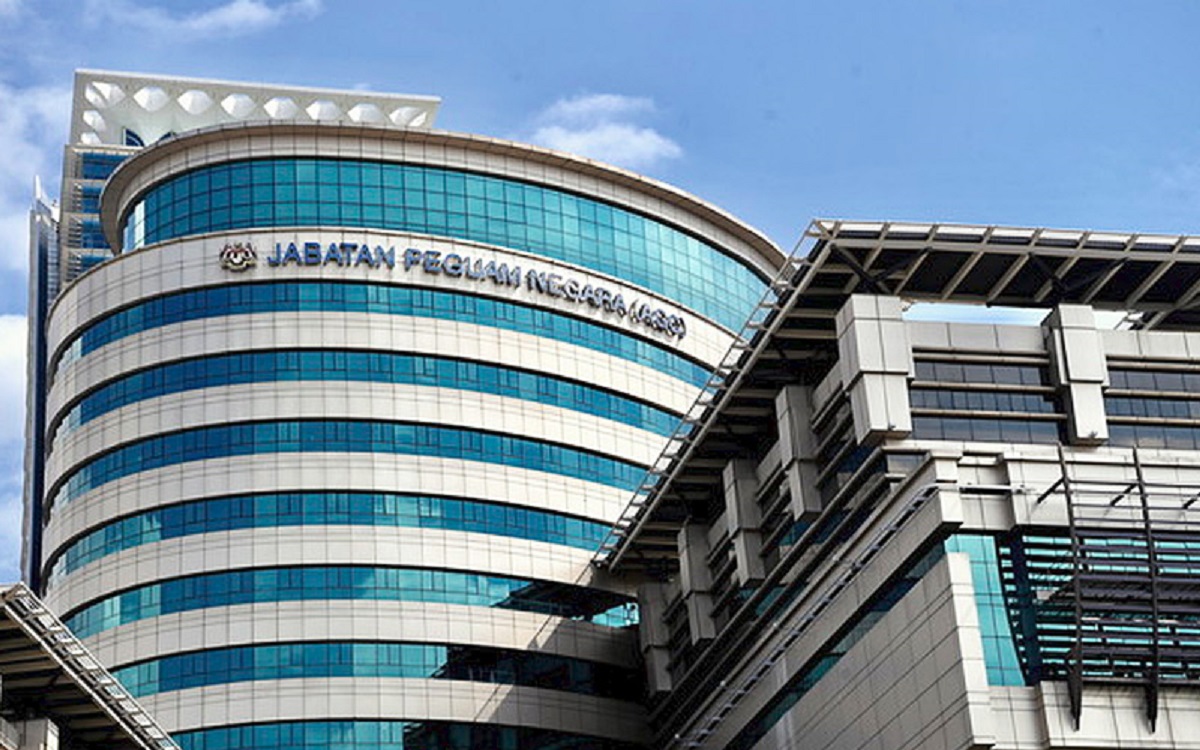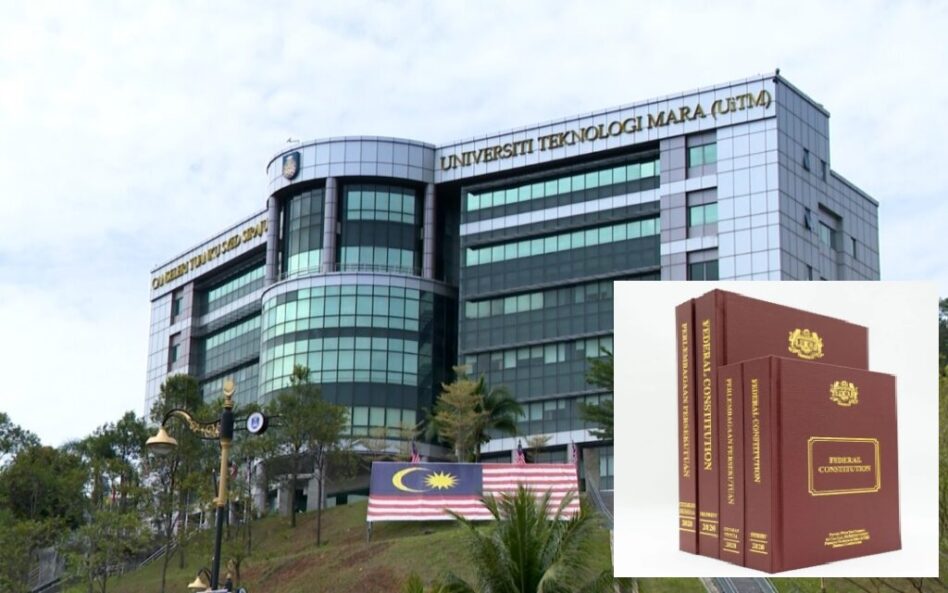FOR many years, if not decades, there has been constant criticism against the Malaysian government for not separating the roles and powers of the attorney-general (AG) and the public prosecutor.
Minister in the Prime Minister’s Department (Law and Institutional Reform) Datuk Seri Azalina Othman Said stated recently that she has initiated the first steps to separating the Attorney-General’s Chambers (AGC) and the public prosecutor.
In my view, the separation of the AG’s and the public prosecutor’s roles and powers will not make much difference in Malaysia.
One of the accusations levelled against the AG is that he is not fully independent and will have to listen to the views of the government whether to prosecute or not.
Many feel that the AG is biased when it comes to vested parties. The AG is often accused of being subservient to political interference but the public does not know much about the evidence needed to proceed with the case.
The AG is privy to this confidential information resulting from the investigation, which may be the diametrical opposite of public perception of the case.
In recent years there have been many cases where those charged had gone off scot-free due to lack of solid evidence. This reflects negatively on the AG and his deputy public prosecutors.
Even in the UK not all cases referred to the AG proceed towards prosecution and the AG has the right to exercise his discretion.
What is really needed in the country is also to have capable and competent investigation and prosecution expertise. The prosecution service is now becoming more reliant on proficient private sector lawyers to fight the case and secure a conviction.
The AG is also often accused of selective prosecution by the Opposition and perceived to have a major say in legal and judicial matters to the detriment of fairness and equality.
If the separation of the AG and public prosecutor roles were ideal and practical then all countries would have implemented this dual system, which is not the case even in the Commonwealth or globally.
The simple reason is that if the government really wants to exert control or interfere it can also pressure the public prosecutor.
It is a well-known fact that former AG Tan Sri Tommy Thomas was sympathetic and favourable to the Pakatan Harapan government, and so were the previous AGs biased towards the BN government. The current AG, meanwhile, was favourable to the PN government.
Can anyone prevent these biases in anyway? Then, what is the point of having a dual system when the AG alone is good enough?
The government can pressure the AG as well as the public prosecutor. The AG in turn can also pressure the public prosecutor. So, what difference does it make when the government wants to have its way?
There is no way to stop political interference by the government. This can happen in most democracies except possibly in advanced countries where the democratic institutions are very strong and deeply entrenched and where the AG or the public prosecutor cannot be subservient to the government.
Only strong political and democratic institutions can ensure that the AG makes fair decisions and is neither beholden to the government or any vested interests.
Malaysia, unfortunately, does not have these kinds of institutions as most if not all are subservient to the government. So much for the separation of powers!
The better alternative is to have the AG elected by Parliament and not selected by the PM, and subsequently endorsed by the Yang di-Pertuan Agong.
The government and the Opposition can propose qualified candidates and after the nominees are vetted by MPs or a parliamentary committee, the choice is put to a secret vote.
The AG, since he has been selected by Parliament, will have to attend some parliamentary sessions where MPs can question his decisions and the status of the cases being investigated.
This check-and-balance will be much better than separating the roles as no good is going to come out of it if the government can pressure the AG or public prosecutor.
When the AG knows that he is answerable to Parliament and that he will be queried in depth by MPs concerning his decisions, he will be more judicious in his role as the ultimate legal authority.
The government, too, will be more circumspect in pressuring the AG when it knows that the AG will have to answer for his decisions in Parliament, unlike the situation now.
There is no other way to prevent any abuse of the AG’s position than having the AG elected by the MPs and made answerable and responsible to Parliament, the ultimate and final authority in the country.
Right now a lot of cases concerning influential politicians and leaders are pending and the AG’s neutrality, position and stand are crucial at this point in time.
Most of the proposals for separation of AG and public prosecutor’s offices are made with good intentions, however, as many previous governments have abused the office of the Attorney-General for their own ends, and this has aroused the suspicion of the people and politicians. – Jan 4, 2023










